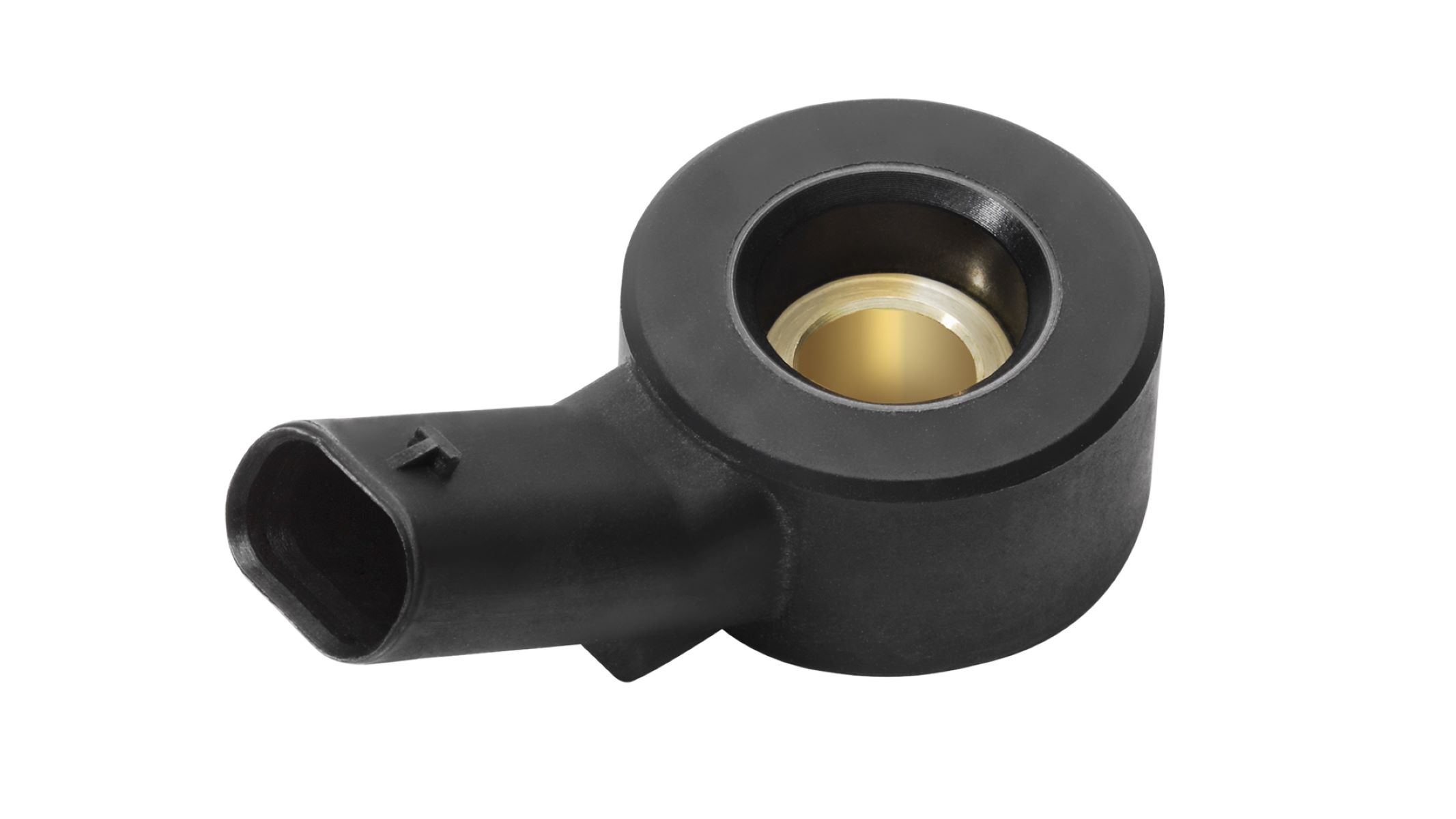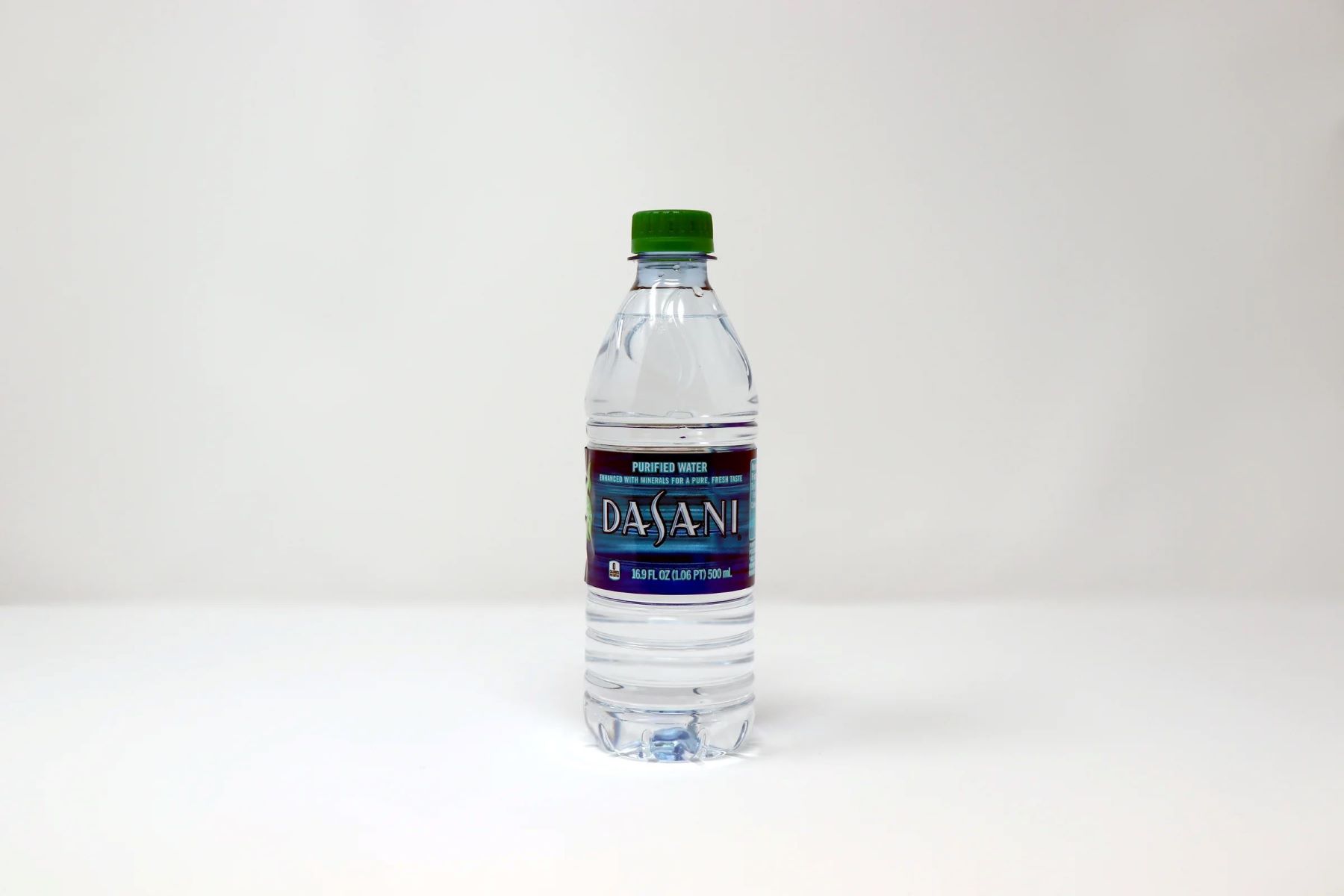Home>Health and Wellness>The Surprising Reason Mylanta Causes Diarrhea


Health and Wellness
The Surprising Reason Mylanta Causes Diarrhea
Published: February 7, 2024
Discover the surprising reason why Mylanta may cause diarrhea and how it affects your health and wellness. Learn more about managing digestive issues today.
(Many of the links in this article redirect to a specific reviewed product. Your purchase of these products through affiliate links helps to generate commission for Regretless.com, at no extra cost. Learn more)
Table of Contents
Introduction
Mylanta is a well-known over-the-counter medication that provides relief from heartburn, acid indigestion, and upset stomach. It is a trusted companion for many individuals seeking rapid relief from these discomforts. However, there is a surprising aspect of Mylanta that often catches people off guard – its potential to cause diarrhea.
While Mylanta is generally effective in alleviating digestive discomfort, some individuals may experience an unexpected and unwelcome side effect: diarrhea. This phenomenon can be perplexing and alarming for those who rely on Mylanta for gastrointestinal relief.
In this article, we will delve into the intriguing connection between Mylanta and diarrhea, shedding light on the underlying reasons for this unexpected outcome. By understanding the mechanisms at play, individuals can make informed decisions about their use of Mylanta and take proactive steps to manage any associated side effects.
Join us on this exploration as we uncover the surprising reason behind Mylanta's potential to cause diarrhea and gain valuable insights into managing this unexpected outcome.
Read more: The Surprising Cause Of Flat Heads In Adults
Understanding Mylanta
Mylanta is a popular over-the-counter medication that falls under the category of antacids. It is widely utilized for its ability to provide rapid relief from a range of gastrointestinal discomforts, including heartburn, acid indigestion, and upset stomach. The primary function of Mylanta is to neutralize excess stomach acid, thereby alleviating the associated symptoms. This is achieved through the combination of active ingredients such as aluminum hydroxide, magnesium hydroxide, and simethicone.
The aluminum hydroxide and magnesium hydroxide components work in tandem to counteract the effects of excessive stomach acid. Aluminum hydroxide acts as an acid neutralizer, while magnesium hydroxide not only neutralizes acid but also functions as a laxative, aiding in the relief of constipation. Simethicone, another key ingredient in Mylanta, helps to reduce gas in the digestive tract, providing additional relief from discomfort.
Mylanta is available in various forms, including liquid suspensions and chewable tablets, catering to the diverse preferences and needs of consumers. Its accessibility and proven efficacy have contributed to its widespread use among individuals seeking prompt relief from digestive distress.
Understanding the composition and function of Mylanta is crucial for individuals relying on this medication for gastrointestinal relief. By gaining insight into how Mylanta operates within the body, individuals can make informed decisions regarding its usage and potential side effects. This knowledge serves as the foundation for comprehending the surprising link between Mylanta and diarrhea, a topic that we will explore in depth in the subsequent sections.
How Mylanta Works
Mylanta operates through a multifaceted approach to provide relief from various gastrointestinal discomforts. The active ingredients within Mylanta, namely aluminum hydroxide, magnesium hydroxide, and simethicone, synergistically contribute to its mechanism of action.
The aluminum hydroxide component functions as an antacid, effectively neutralizing excess stomach acid. By reducing the acidity in the stomach, it alleviates symptoms such as heartburn and acid indigestion, providing rapid relief to individuals experiencing these discomforts. This neutralization process helps to restore balance within the digestive system, offering a sense of comfort and relief.
Complementing the effects of aluminum hydroxide, magnesium hydroxide also serves as an antacid, working to neutralize stomach acid. Additionally, it possesses laxative properties, which can aid in relieving constipation. This dual functionality makes magnesium hydroxide an integral component of Mylanta, addressing multiple gastrointestinal concerns simultaneously.
Simethicone, another key ingredient in Mylanta, contributes to its efficacy by targeting gas-related discomfort. It works by reducing the formation of gas in the digestive tract, thereby minimizing bloating and discomfort associated with excessive gas accumulation. This aspect of Mylanta's action provides comprehensive relief, addressing both acid-related and gas-related gastrointestinal symptoms.
The combined actions of these active ingredients make Mylanta a versatile and effective solution for individuals seeking rapid relief from heartburn, acid indigestion, and upset stomach. Its ability to address multiple aspects of gastrointestinal discomfort sets it apart as a trusted choice for many individuals.
Understanding the intricate workings of Mylanta is essential for individuals relying on this medication to manage digestive distress. By comprehending how Mylanta operates within the body, individuals can gain valuable insight into its potential effects and make informed decisions regarding its usage. This foundational knowledge sets the stage for exploring the surprising link between Mylanta and diarrhea, an unexpected aspect that will be elucidated in the subsequent sections.
The Link Between Mylanta and Diarrhea
The surprising connection between Mylanta and diarrhea stems from the active ingredient magnesium hydroxide, which, in addition to its role as an antacid, possesses mild laxative properties. While this quality can be beneficial for individuals experiencing constipation, it can also lead to an unexpected outcome – diarrhea.
When Mylanta is consumed, the magnesium hydroxide component acts as a gentle laxative, promoting bowel movements to alleviate constipation. However, for some individuals, this laxative effect may manifest as diarrhea, especially when Mylanta is taken in higher doses or more frequently than recommended. The increased frequency and fluidity of bowel movements can result in diarrhea, causing discomfort and disruption to daily activities.
Furthermore, the neutralization of stomach acid by aluminum hydroxide and magnesium hydroxide may impact the digestive process, potentially leading to changes in bowel habits. This alteration in gastrointestinal function can contribute to the onset of diarrhea in some individuals who use Mylanta.
It is important to note that while diarrhea can be an unexpected side effect of Mylanta, not everyone will experience this outcome. Factors such as individual sensitivity, dosage, and frequency of use play a role in determining the likelihood of experiencing diarrhea as a result of Mylanta consumption.
Understanding this link between Mylanta and diarrhea is crucial for individuals relying on this medication for gastrointestinal relief. By recognizing the potential for diarrhea as a side effect of Mylanta, individuals can make informed decisions regarding its usage and take proactive measures to manage any associated symptoms.
In the following section, we will explore other potential side effects of Mylanta, providing a comprehensive understanding of the considerations associated with its use.
Other Side Effects of Mylanta
In addition to the potential link between Mylanta and diarrhea, there are several other side effects that individuals should be aware of when using this medication. While Mylanta is generally well-tolerated, some individuals may experience adverse reactions, albeit infrequently. It is important to recognize these potential side effects to make informed decisions about the use of Mylanta and to seek appropriate medical advice if necessary.
One common side effect of Mylanta is constipation, which may seem contradictory given the laxative properties of magnesium hydroxide. However, for some individuals, the use of Mylanta may lead to a temporary decrease in bowel movements, resulting in constipation. This can occur when Mylanta is used in excess or for an extended duration, disrupting the natural balance of bowel function.
Additionally, individuals may experience changes in their bowel habits, such as irregularity or discomfort, while using Mylanta. These alterations in gastrointestinal function can be attributed to the impact of Mylanta's active ingredients on the digestive process. It is important to monitor any changes in bowel habits and consult a healthcare professional if persistent or concerning symptoms arise.
Furthermore, individuals with underlying health conditions or sensitivities may experience allergic reactions to Mylanta. Allergic responses can manifest as skin rashes, itching, swelling, or difficulty breathing. It is crucial to seek immediate medical attention if any signs of an allergic reaction occur after using Mylanta.
Rarely, individuals may encounter more severe side effects, such as high levels of magnesium in the blood (hypermagnesemia) or aluminum toxicity. These occurrences are uncommon but necessitate prompt medical intervention if suspected. Symptoms of hypermagnesemia may include nausea, vomiting, weakness, and difficulty breathing, while aluminum toxicity can present as confusion, muscle weakness, and bone pain.
It is important to emphasize that while these side effects are possible, they do not occur frequently and should not deter individuals from using Mylanta when indicated. Instead, awareness of these potential reactions empowers individuals to monitor their health and seek appropriate guidance if needed.
By understanding the range of potential side effects associated with Mylanta, individuals can make informed decisions about its usage and take proactive measures to manage any adverse reactions. It is essential to prioritize personal well-being and seek medical advice if experiencing persistent or concerning symptoms while using Mylanta.
Managing Diarrhea Caused by Mylanta
When faced with diarrhea caused by Mylanta, it is essential to adopt proactive measures to manage this unexpected side effect effectively. Here are several strategies to address and alleviate diarrhea resulting from the use of Mylanta:
-
Assess Mylanta Usage: Begin by evaluating the frequency and dosage of Mylanta consumption. It is crucial to adhere to the recommended dosage and usage guidelines provided on the product packaging or as advised by a healthcare professional. If excessive or frequent use of Mylanta is identified as a contributing factor to diarrhea, adjusting the usage pattern may help mitigate this side effect.
-
Hydration: Diarrhea can lead to dehydration due to the loss of fluids and electrolytes from the body. It is important to increase fluid intake to counteract this effect. Consuming water, clear broths, and electrolyte-replenishing beverages can aid in maintaining hydration levels and supporting overall well-being during episodes of diarrhea.
-
Dietary Modifications: Temporarily adjusting dietary habits can be beneficial in managing diarrhea. Consuming bland, easily digestible foods such as rice, bananas, and toast can help alleviate gastrointestinal distress. Avoiding spicy, greasy, or high-fiber foods during this period can reduce the likelihood of exacerbating diarrhea.
-
Probiotics: Introducing probiotics into the daily routine can assist in restoring the balance of beneficial gut bacteria, potentially alleviating diarrhea. Probiotic supplements or probiotic-rich foods such as yogurt and kefir can aid in promoting digestive health and mitigating the effects of diarrhea.
-
Medical Consultation: If diarrhea persists or becomes severe, seeking medical advice is imperative. A healthcare professional can provide tailored guidance and recommendations based on individual health status and the specific circumstances surrounding the onset of diarrhea caused by Mylanta.
-
Alternative Medications: Exploring alternative medications for gastrointestinal relief may be warranted for individuals experiencing persistent diarrhea as a side effect of Mylanta. Consulting a healthcare provider to explore alternative treatment options can help in addressing gastrointestinal discomfort while minimizing the risk of diarrhea.
By implementing these strategies, individuals can effectively manage diarrhea caused by Mylanta, promoting comfort and well-being while utilizing this medication for gastrointestinal relief.
The unexpected occurrence of diarrhea as a side effect of Mylanta underscores the importance of understanding potential outcomes associated with medication usage. By being informed and proactive, individuals can navigate and address unexpected side effects, ensuring a positive and well-managed healthcare experience.
Conclusion
In conclusion, the surprising link between Mylanta and diarrhea sheds light on the multifaceted nature of medication side effects. While Mylanta is widely recognized for its effectiveness in providing rapid relief from heartburn, acid indigestion, and upset stomach, the potential for diarrhea as a side effect may catch some individuals off guard. This unexpected outcome is primarily attributed to the mild laxative properties of the active ingredient magnesium hydroxide, which, while beneficial for alleviating constipation, can lead to increased bowel movements and diarrhea in some individuals.
Understanding the mechanisms at play in the interaction between Mylanta and the digestive system is crucial for individuals relying on this medication for gastrointestinal relief. The dual action of aluminum hydroxide and magnesium hydroxide in neutralizing stomach acid and promoting bowel movements underscores the intricate balance of benefits and potential side effects associated with Mylanta usage.
Moreover, recognizing the potential for other side effects, such as constipation, changes in bowel habits, and allergic reactions, provides individuals with a comprehensive understanding of the considerations surrounding Mylanta use. By being aware of these potential reactions, individuals can make informed decisions about their health and seek appropriate guidance if needed.
In the event of diarrhea caused by Mylanta, proactive measures such as assessing usage, prioritizing hydration, making dietary modifications, considering probiotics, seeking medical consultation, and exploring alternative medications can effectively manage this unexpected side effect. These strategies empower individuals to address diarrhea while continuing to benefit from the relief that Mylanta offers for gastrointestinal discomfort.
Ultimately, the surprising reason Mylanta causes diarrhea serves as a reminder of the importance of understanding medication interactions and potential side effects. By fostering awareness and proactive management of unexpected outcomes, individuals can navigate their healthcare journey with confidence, ensuring optimal well-being and informed decision-making when utilizing medications such as Mylanta.














